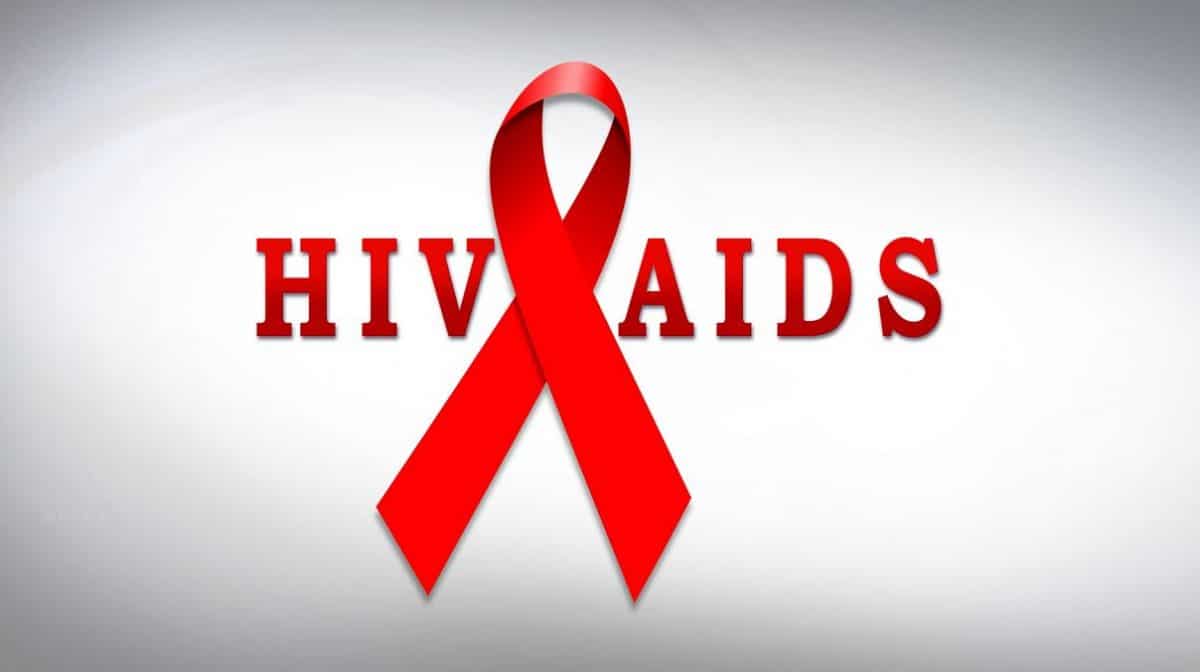Ethical Dilemma: HIV and AIDS in Africa
Apr 25, 2023
This research paper discusses the ethical dilemma posed by HIV and AIDS in Africa. It examines the costs associated with addressing the issue, both financial and social, as well as outlining strategies for how best to approach this difficult problem. The paper concludes that a combination of prevention, treatment, education and awareness-raising is essential if we want to effectively address this pressing health crisis. In addition it stresses the importance of recognizing the complexities of African culture and working within local communities to develop meaningful solutions. Furthermore it argues that cooperation between governments and international organizations is necessary in order to deliver effective aid. Finally the paper emphasizes that there must be a real commitment from all stakeholders involved in tackling this issue if we are to make any significant progress on reversing its devastating effects on millions of people throughout Africa.

Hiv/Aids is an ethical dilemma that has significant implications for those living in Africa. It is a disease that not only affects individuals and families, but entire communities. The costs associated with addressing this issue can be both financial and social in nature; however, these expenditures are necessary if we want to reduce the suffering caused by HIV/AIDS and ultimately reverse its impact on African nations.
In order to address the ethical dilemma posed by HIV/AIDS in Africa, a combination of prevention, treatment, education and awareness-raising is essential. Prevention efforts should focus on informing people about safe sex practices as well as providing access to condoms and testing services. In addition, treatment programs must provide antiretroviral drugs to those who need them. Education initiatives must be tailored to the specific contexts of each African nation, taking into account religious beliefs and cultural norms. Finally, efforts should be made to raise awareness about HIV/AIDS in order to reduce discrimination against those living with the disease.
In addition to these strategies, it is also important to recognize the complexities of African culture and work within local communities to create solutions that are appropriate for each situation. This requires a commitment from all stakeholders including governments, international organizations and non-governmental organizations. Moreover, cooperation between all parties is essential in order to deliver effective assistance and ensure that resources are used efficiently.
Ultimately it is clear that we must make a real commitment if we want any significant progress on reversing the devastating effects of HIV/AIDS in Africa. It is therefore imperative that all stakeholders work together to ensure that the necessary resources, programs and services are available in order to combat this issue effectively. We must also remember that it is not just a medical issue, but one of human rights; thus we should strive to reduce discrimination against those living with HIV/AIDS and promote their right to dignity. Only then can we hope to make any meaningful progress on reversing the impact of this disease on African nations.
